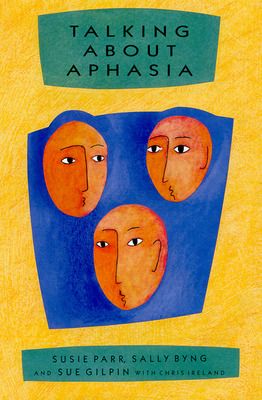Talking About Aphasia
- Access the eBook anytime, anywhere: online or offline
- Create notes, flashcards and make annotations while you study
- Full searchable content: quickly find the answers you are looking for
Preface
What is aphasia?
'Is frightened. Is frightened'
the early experience of stroke and aphasia
'The thing is - what job?'
work, leisure and aphasia
'Can I get a word in edgeways?'
family, friends and aphasia
'Lost in the undertow'
health, social care and voluntary services for people with aphasia
'Everything seems a secret'
information and aphasia
'Doing the inside work'
the meaning of aphasia
'They cannot see it so how will they know?'
aphasia and disability
'I'm fed up of saying I'm sorry'
learning to live with aphasia
Appendix 1 - About the project
Further reading.
Professor Audrey Holland, Department of Speech Pathology, University of Arizona, USA
This book is about living with aphasia - a language impairment which can result from stroke. Drawing on in-depth interviews with fifty aphasic people, it explores the experience of aphasia from the dramatic onset of stroke and loss of language to the gradual revelation of its long-term consequences. The story is told from the perspective of aphasic people themselves. They describe the impact of aphasia upon their employment, education, leisure activities, finances, personal relationships and identity. They describe their changing needs and how well these have been met by health, social care and other services. They talk about what aphasia means to them, the barriers encountered in everyday life and how they cope. The book offers a unique insight into the struggle of living with aphasia, combining startlingly unusual language with a clear interlinking text.

